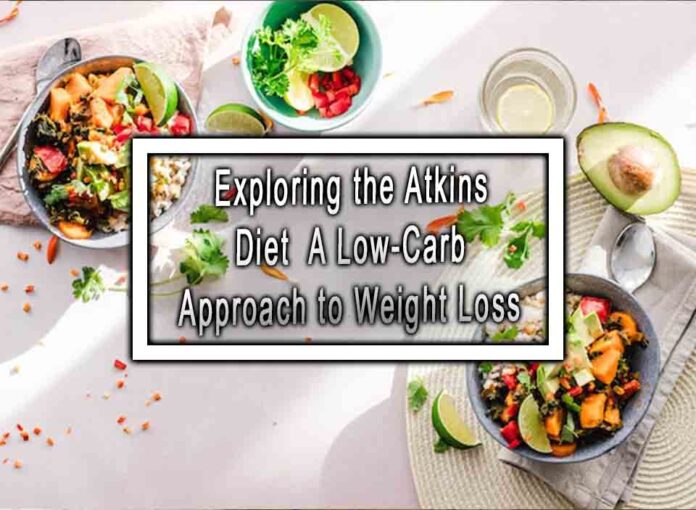The Atkins Diet is a low-carbohydrate approach to weight loss that was popularized by Dr. Robert Atkins in the 1970s. It focuses on reducing carbohydrate intake while increasing protein and fat consumption. The diet is divided into several phases, with each phase gradually allowing a higher carbohydrate intake. Let’s explore the benefits and risks associated with the Atkins Diet:
Benefits of the Atkins Diet
1. Weight loss
The Atkins Diet aims to promote weight loss by inducing a state of ketosis, where the body uses stored fat as its primary source of energy. By restricting carbohydrates, the body is forced to burn fat for fuel, leading to weight loss.
2. Reduced appetite
High-protein and high-fat foods can help increase satiety and reduce hunger cravings, potentially leading to a decrease in overall calorie intake. This aspect of the Atkins Diet may make it easier for some individuals to stick to the diet plan.
3. Improved blood sugar control
The Atkins Diet can help stabilize blood sugar levels, making it beneficial for individuals with insulin resistance or type 2 diabetes. By limiting carbohydrates, it reduces the need for insulin secretion, potentially leading to better blood sugar control.
4. Positive lipid profile
Some studies suggest that the Atkins Diet may improve lipid profiles by increasing levels of high-density lipoprotein (HDL) cholesterol, often referred to as “good” cholesterol, and reducing levels of triglycerides, a type of fat in the blood. However, the long-term effects on heart health are still a subject of debate.
Risks and Considerations of the Atkins Diet
1. Nutritional deficiencies
The Atkins Diet restricts many carbohydrate-rich foods, such as fruits, whole grains, and legumes, which are important sources of fiber, vitamins, minerals, and phytochemicals. If not carefully planned, the diet may result in nutritional deficiencies if alternative nutrient-rich foods are not included.

2. Potential for weight regain
The restrictive nature of the Atkins Diet may make it challenging for some individuals to adhere to in the long term. Once individuals return to a higher carbohydrate intake, weight regain can occur. Transitioning to a balanced, sustainable eating plan after completing the Atkins Diet is crucial to maintaining weight loss.
3. Increased saturated fat intake
The Atkins Diet promotes the consumption of foods rich in saturated fats, such as fatty cuts of meat and full-fat dairy products. While some studies suggest that saturated fat may not be as harmful as previously thought, it’s important to consider the overall quality of dietary fats and balance them with unsaturated fats.
4. Potential health risks
Long-term adherence to a low-carbohydrate, high-protein diet like Atkins may have potential health risks, such as an increased risk of kidney stones, bone loss, and cardiovascular disease. Individuals with pre-existing medical conditions, such as kidney or liver disease, should approach the diet with caution and seek medical advice.
5. Individual variability
It’s important to note that individuals respond differently to dietary approaches. Some people may thrive on a low-carbohydrate diet like Atkins, while others may experience adverse effects. Factors such as genetics, metabolism, and overall health should be taken into consideration when choosing a weight loss plan.
As with any diet, it’s advisable to consult a healthcare professional or a registered dietitian before starting the Atkins Diet or any other significant dietary change. They can provide personalized guidance and help ensure that the diet is nutritionally balanced, sustainable, and appropriate for your individual needs and health goals.











